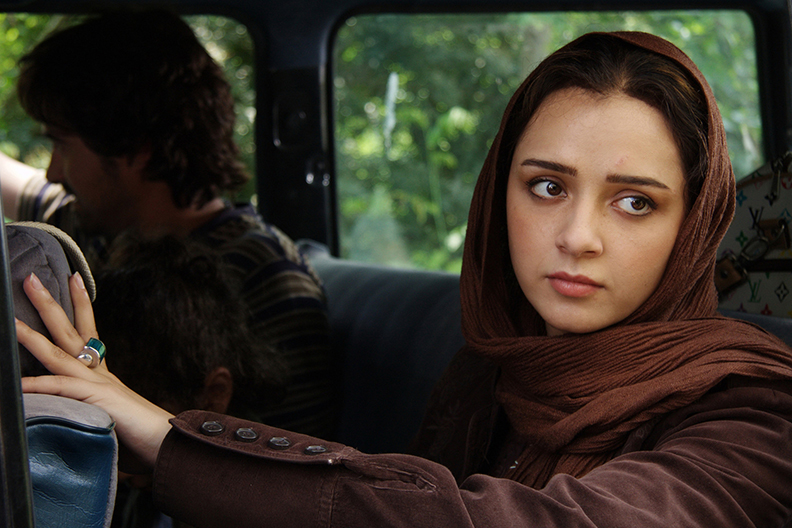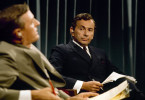About Elly
Director: Asghar Farhadi
8 p.m. Friday–Saturday, 2 p.m. Sunday
Oklahoma City Museum of Art
B+
On an international scale, Iranian writer/director Asghar Farhadi broke through four years ago with the galvanizing A Separation. Nominated for two Academy Awards, it took home one for Best Foreign Language Film, leaving critics and arthouse audiences eagerly awaiting his follow-up, 2013’s divorce drama The Past.
Now there’s About Elly, but … well, a strange thing about About Elly: In actuality, Farhadi made it before Separation, in 2009. Elly just took her sweet time to get here. To you and me, that time is now: Friday through Sunday, to be exact, at the Oklahoma City Museum of Art, 415 Couch Drive.
The Elly of the title is a young, single schoolteacher (Taraneh Alidoosti) who accompanies a friend as part of a group holiday to seaside Tehran. Elly’s pal has an ulterior motive of matchmaking, which appears to work, as divorced Ahmad (Shahab Hosseini) near-instantly is smitten.
Farhadi devotes a good 40 minutes of the two-hour film to developing his characters, or at least at allowing us to get to know them. They all ring true as if this were a documentary; all stay in a communal vacation home and do the customary eating, drinking and chatting. They picnic and smoke hookah, play charades indoors and volleyball outdoors. And then an act of tragedy occurs — or does it? Without revealing what it is or who is involved, the sequence is deeply unnerving and cut-to-the-quick suspenseful — not in the pleasurable style American moviegoers ask of their thrillers.
But About Elly never set out to be one of “those” thrillers. It belongs in that genre, but with a heady sheen of drama to keep it grounded. Its cerebral tricks play at a slow pace — not boring, just methodical. A cursory glance at Elly’s plot synopsis might suggest a Middle Eastern twist on Gone Girl; however, like the French New Wave mysteries of late master Claude Chabrol, Farhadi is less interested in any felony — real or perceived — than its fallout. In About Elly, so many players exist that the filmmaker must have had a field day exploring their emotions.
Cultural differences are present, yet in no way do they impede one’s viewing experience, unless you’re (closed-minded and) dead-set against subtitles. If anything, U.S. audiences — OKCMOA’s included — are apt to be frustrated most by Elly’s purposely ambiguous conclusion, left to our interpretation. Again, that is Farhadi’s interest: approaching realism through a medium often utilized for the fantastic. He is very good at what he does; otherwise, we wouldn’t be invested in seeing whether his stories tie up in a neat bow, a frayed knot or hanging loose.
—





